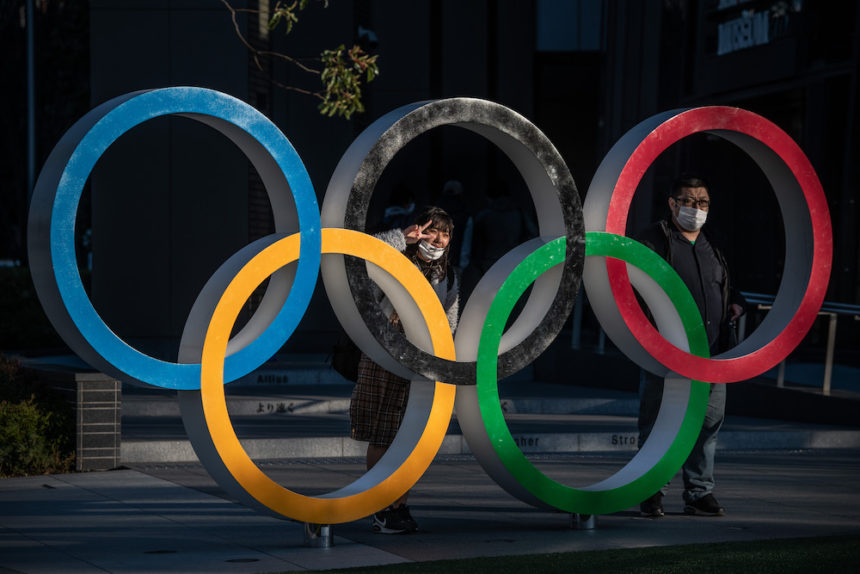Hello there. In this edition of the Haymarket Media Coronavirus Briefing, we begin with a quick hit of the latest headlines about COVID-19, followed by a look at our collective psyches, what outdoor and virtual exercise looks like today, how the youth are weathering the pandemonium and the conflicting definitions of “essential.”
This Briefing is 1,334 words and will take you six minutes to read. Register for the newsletter here.
Just the hits
- U.S. Democrats and Republicans have still not reached an agreement regarding the proposed trillion-dollar stimulus package, but it looks like they’re close…
- CBS Sports confirmed that the 2020 Tokyo Olympic Games will be postponed due to the coronavirus pandemic. This is the first time in history a postponement of the Games has occurred.
- Dr. Anthony Fauci, an infectious diseases expert and a member of the White House coronavirus task force, was noticeably absent from last night’s White House coronavirus briefing in which President Trump said business could reopen soon.
- Prince Albert of Monaco is the first head of state to test positive for COVID-19.
- Former movie mogul and convicted rapist Harvey Weinstein has tested positive for coronavirus and is in isolation at Wende Correctional Facility east of Buffalo.
- Officials warned that New York was experiencing a virus “attack rate” of five times that of anywhere else in the U.S.
The Takeaway
Coronavirus continues to wreak fundamental change throughout the world as everyone comes to terms with this new, unprecedented reality.
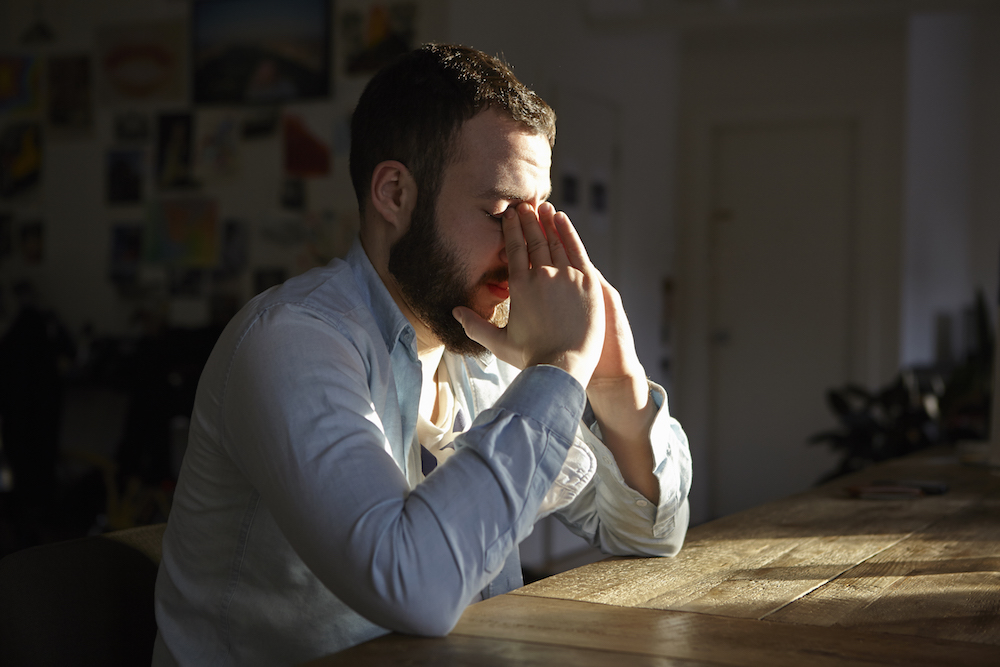
Our collective psyche
The barrage of devastating news splashed daily across our headlines (see above), rolling across our TV screens, and emerging from our radios is causing anxiety, depression, and a general sense of collective ennui. Compounded with feelings of isolation due to lockdowns and shelter in places orders, we’re all struggling to keep our heads up. Yesterday, Francis Churchill reported in People Management that the biggest challenge for businesses is managing staff anxiety. As more and more organizations work remotely, communication, regular video and/or telephone calls and virtual social sessions are crucial for keeping employees connected.
- In Psychiatry Advisor, Benjamin Williams explained why interventions promoting mental wellbeing in healthcare workers exposed to COVID-19 need to be implemented immediately. Findings are based on a study of healthcare workers from 34 hospitals in Hangzhou, China performed between January 29 and February 3, 2020.
- Robert Kramer and Jacquelyn Kung discuss the importance of protecting the frontline caregiving workforce in McKnight’s Senior Living.
- It isn’t just doctors on the front lines struggling to keep it together — PRWeek US’ Laura Entis writes about a campaign designed to raise awareness about veterinarians struggling with psychological distress and suicidal thoughts.
- It can be a thin line between panicking and preparing. Associate Professor in Kinesiology and Associate Director (Seniors) of the Physical Activity Centre of Excellence, McMaster University, Jennifer J. Heisz, explores how chronic over-worrying about COVID-19 can intensify our vulnerability to the virus. Exercise can help.
The Takeaway
Mental health awareness has come much more into focus in recent years with celebrities such as PRWeek’s 2020 Communicator of the Year working hard to change attitudes. COVID-19 has taken this process to another level.
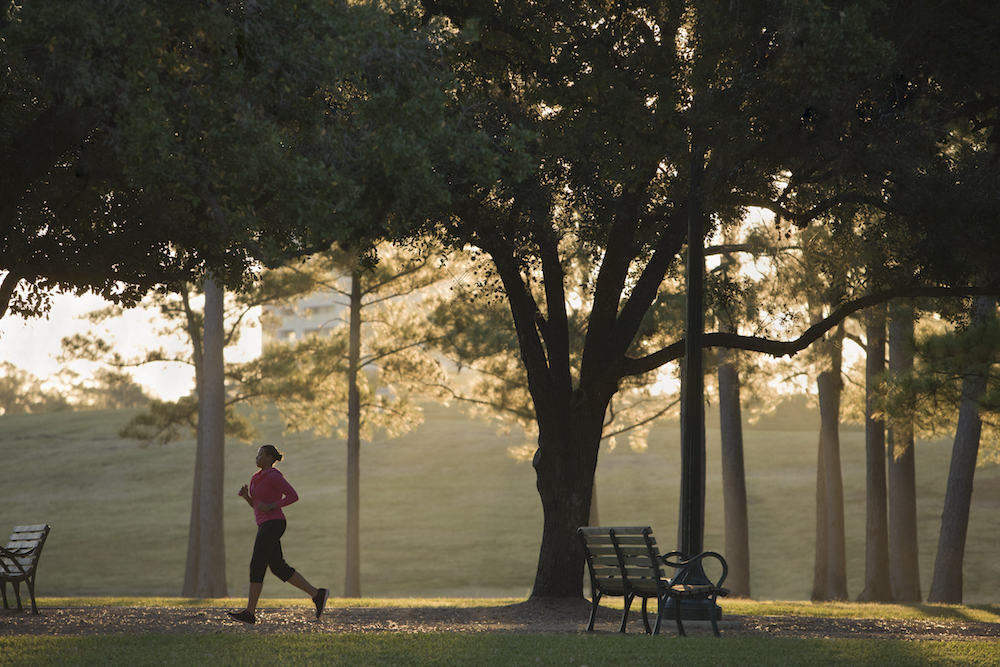
Into the great wide open
For those motivated by working out in gyms, hitting the bags with a sparring partner, or cycling in place while an instructor yells “inspirational cues” at the top of his or her lungs, these are particularly challenging times for staying fit. But with streaming workouts emerging as the fastest-growing fitness category, you can still get your favorite sweat in, in real-time, with real people. Conversely, this might just be the perfect time to train for that marathon you’ve had on your bucket list — the streets are filled with (respective distancing) new runners. Herewith, some reasons to get up, get out, and get moving.
- Your Spring Break plans may have gone the way of the discman, but you can still find unexpected beauty in the world outside your front door.
- Dan Symonds in Horticulture Week urges the public to take advantage of the great outdoors while practicing sensible social distancing. Whether you live in the country, the city, the highlands or the lowlands, going outside for a walk or a run, tending to your garden large or small or cycling through cinematically empty streets, offers a much-needed tonic to all this indoor-ness.
- In The New York Times, Talya Minsberg calls running “a natural for social distancing” in this inspiring photographed essay.
- And for those of you who can’t get enough of staying in, Business Insider reports a surge in the use of fitness apps. Companies like Daily Burn, Peloton are offering 90-day free trials and Grokker is offering its services free of charge, indefinitely. Seeking something a little more Zen? Fox Business highlights a yoga studio offering online yoga sessions — a move many brick-and-mortar exercise studios are making in order to stay afloat.
The Takeaway
Being confined to home increases the temptation to lounge on the sofa watching Netflix, comfort eat and drink too much. It’s important to take care of both physical and mental health in these unprecedented times.
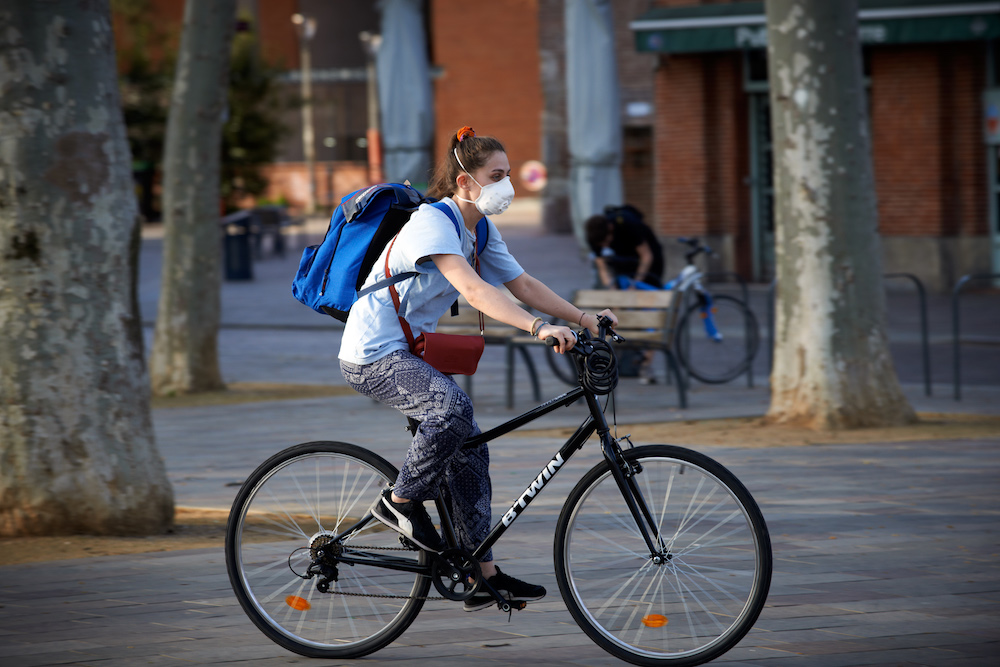
The kids are alright
In the early days of the COVID-19 outbreak, China reported that 80 percent of those infected who died were aged 60 and older; in Italy, the average age of death from the disease was 81. This led many to believe young people were immune. Or at the very least, wouldn’t die if they got infected. While the risk of dying from COVID-19 increases drastically with age, we now know that young people are not, by any means, immune to the disease. A tiny snapshot of what Gen X and Gen Z-ers have to say about it.
- In Campaign US, Oliver McAteer talked to advertising agencies’ younger employees about COVID-19. From positive sentiments like, “Even with the daily trivial news updates, I feel confident as a whole we will come out of this a better and stronger society,” to the more head-on, “I don’t care who you are or where you’re from, this year has taken away some things from me, and from you too.”
- In MM&M, Alison Kanski reported on the strategies social networks are taking to prevent misinformation about COVID-19. Gen Z favs like Snap and TikTok are monitoring the mental health of their users and tapping celebrities and health authorities to help promote accurate information.
- Spring Break is still in effect, and with it, ruddy-faced Spring Breakers waxing poetic about partying in the time of corona. “If I get corona, I get corona. At the end of the day, I’m not going to let it stop me from partying.” But with yesterday’s announcement from Florida University that five Spring Breakers tested positive for the virus, Florida Gov. Ron DeSantis is implementing greater restrictions.
- Millennials took to Twitter to explain they’re not the problem.
The Takeaway
Statistics show that young people are not immune to the COVID-19 pandemic and, either way, they can still spread the virus even if they’re not suffering themselves. They need to be as vigilant as everyone else in helping plot a path through the coronavirus hiatus.
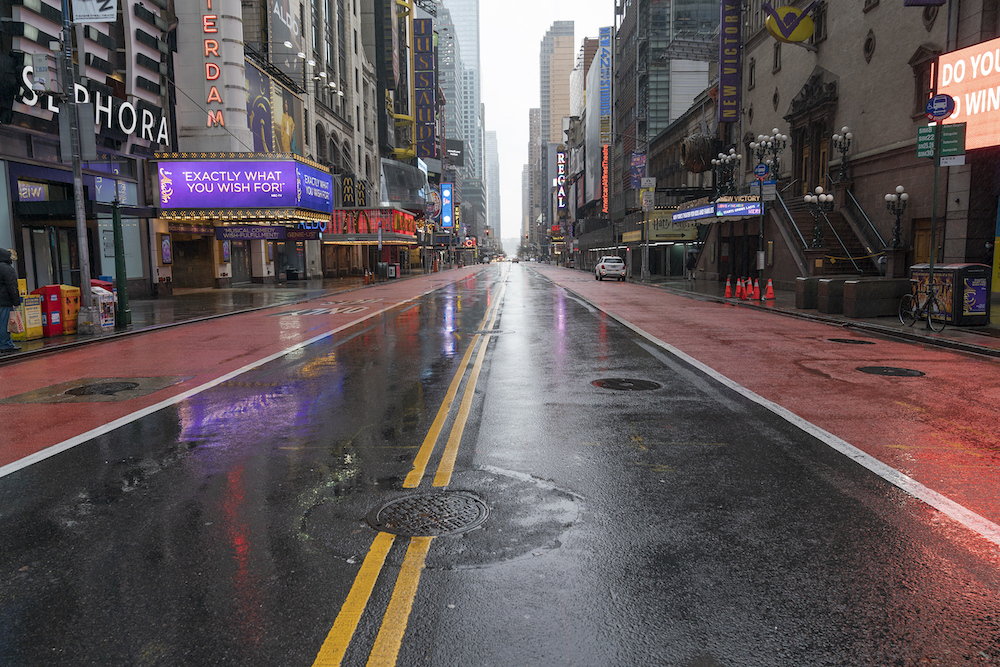
You call that essential?
The Oxford dictionary defines the word “essential” as, “Completely necessary; extremely important in a particular situation or for a particular activity.”
But what one person considers “completely necessary,” or “extremely important,” another regards as frippery. Is stocking up on Pure Calm Wellness Candles for $68 essential? Well, we all need self-care in these difficult times… What about going to the orthodontist to get a new retainer? In San Francisco, in addition to pharmacies and grocery stores, cannabis dispensaries have been deemed essential.
The Takeaway
With more and more cities around the world calling for people to stay home barring essential activities – including, finally, London and the U.K. – how do we define the term essential? Let us know what it means to you. Send us stories of what you’ve cut down on, or cut out entirely, and what you absolutely can’t live without.
We look forward to hearing from you. Stay safe out there.

